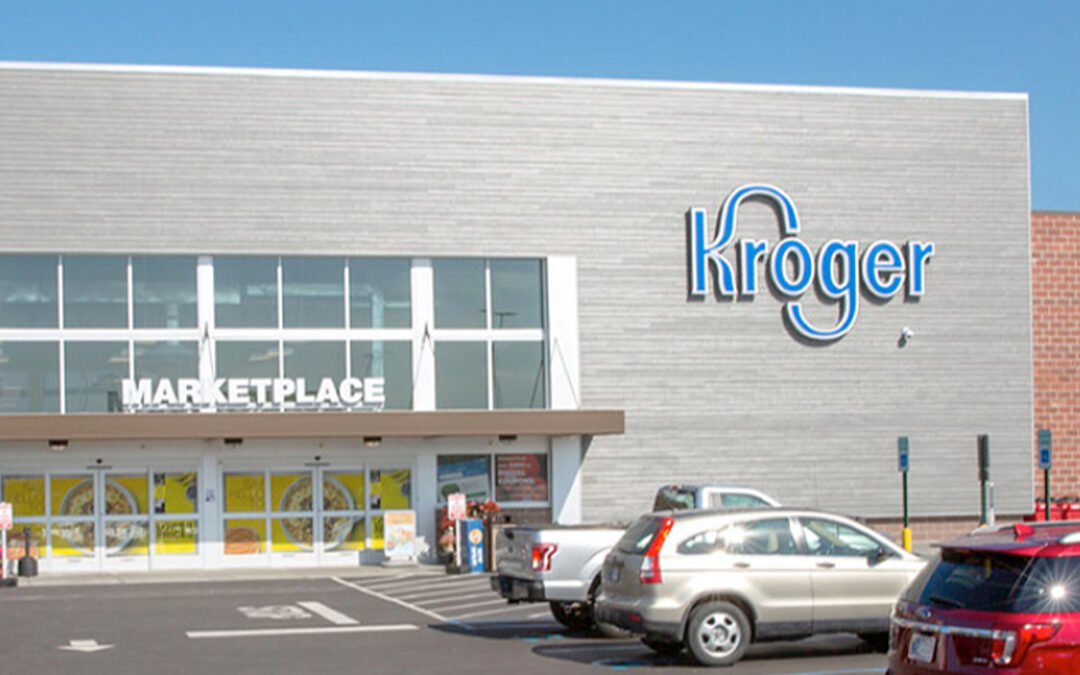The Conference Board reported its Consumer Confidence Index rose in July to 100.3, just above the positive/negative borderline after registering a downwardly revised 97.8 in June.
The Present Situation Index, based on consumers’ assessment of current business and labor market conditions, declined to 133.6 from 135.3 last month. However, the Expectations Index, based on consumers’ short-term outlook for income, business, and labor market conditions, advanced to 78.2. from 72.8 in June.
Average 12-month inflation expectations remained steady at 5.4% in July versus a peak of 7.9% in 2022, according to the Conference Board. The share of consumers expecting higher interest rates during the next 12 months dropped for the second consecutive month 50.3%, the lowest mark since February 2024. Consumer sentiment about the stock market was positive, with 49.1% expecting stock prices to increase over the year ahead, the highest share since March, with 23.5% expecting a decline, and 27.4% anticipating no change.
“Confidence increased in July, but not enough to break free of the narrow range that has prevailed over the past two years,” said Dana Peterson, Conference Board chief economist. “Even though consumers remain relatively positive about the labor market, they still appear to be concerned about elevated prices and interest rates, and uncertainty about the future — things that may not improve until next year.”
Peterson added July consumer confidence “improved among consumers under 35 and those 55 and older. Only the 35-54 age group saw a decline. On a six-month moving average basis, confidence remained the highest among consumers under 35. On a month-over-month basis, no clear pattern emerged in terms of income groups. On a six-month moving average basis, consumers making over $100,000 were the most confident, but the gap with other groups narrowed,” Peterson said.





